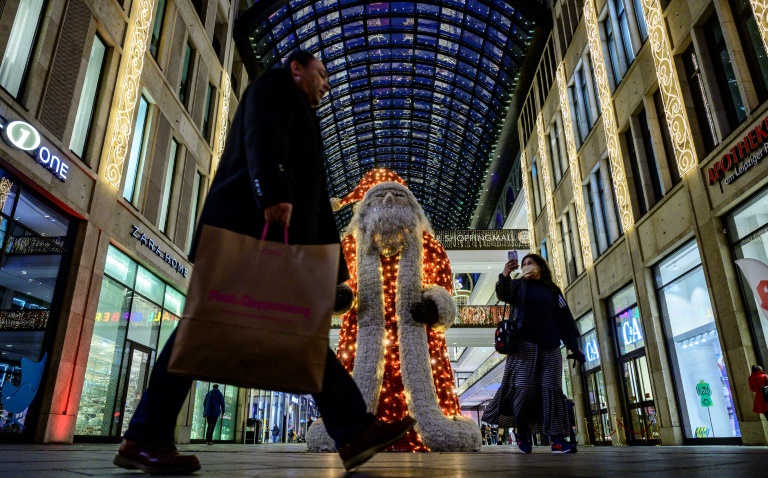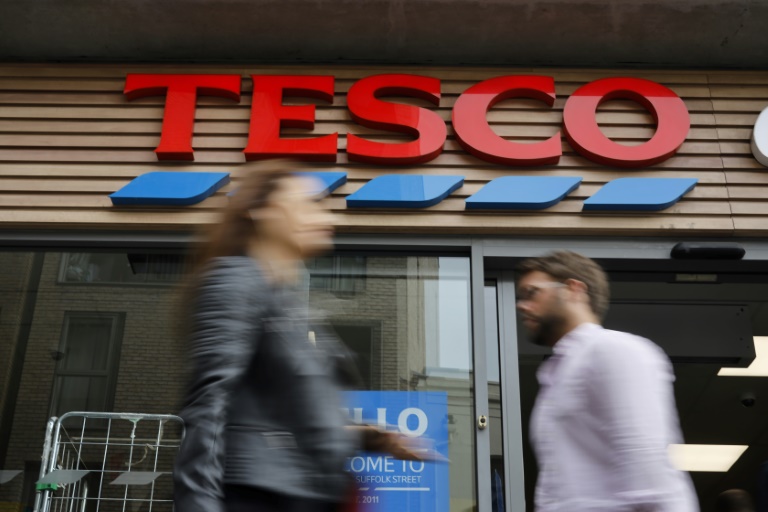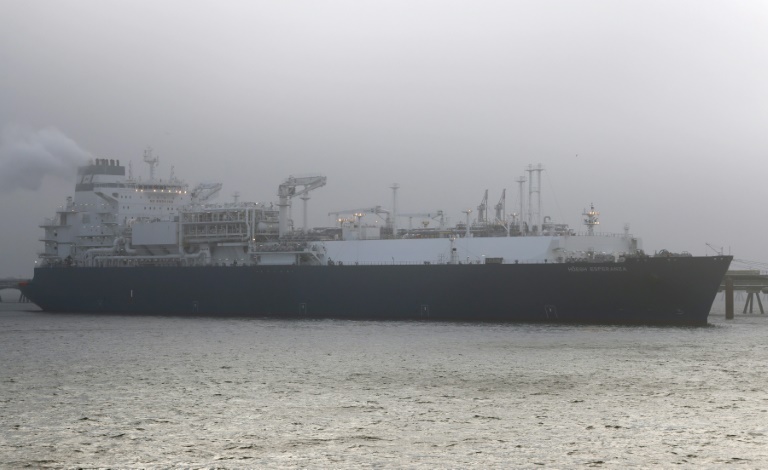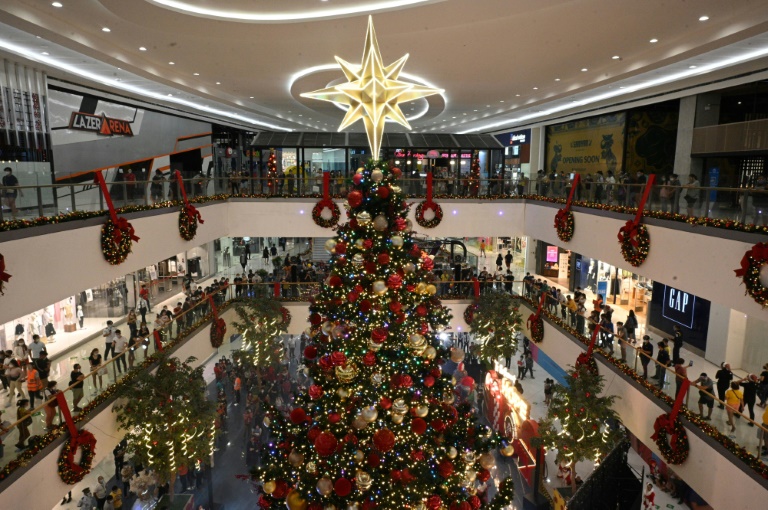Record year for auction houses Christie's and Sotheby's
Auction house Christie’s on Monday announced record sales of $8.4 billion in 2022, outshining its rival Sotheby’s, which also posted its best-ever result at $8 billion for the year.
Christie’s racked up $7.2 billion in auctions and another $1.2 billion in private sales, easily topping the $7.1 billion it made in 2021 as the art world emerged from the Covid-19 pandemic, which greatly hindered auction operations.
“In 2022, despite a challenging macro-environment, Christie’s has achieved our highest ever global sales,” chief executive officer Guillaume Cerutti said, referring to economic challenges sparked by inflation and the war in Ukraine.
He noted “the resilience of the art and luxury markets, the remarkable success of several major art collections — including the unforgettable Paul Allen sale — and the expertise and hard work of our teams around the world.”
Allen, the co-founder of Microsoft alongside Bill Gates, died in 2018. In 2009, he signed the “Giving Pledge” — a promise to donate the majority of one’s wealth to charity.
His extensive collection, spanning 500 years of art history, raked in a massive $1.6 billion. Five works went for more than $100 million each, including a Cezanne, a Van Gogh and a Gauguin.
And at a separate Christie’s sale in May, a famed Andy Warhol portrait of Marilyn Monroe — “Shot Sage Blue Marilyn” — sold for $195 million, setting a record for a piece of 20th century art.
– Who was buying? –
This year at Christie’s, buyers from North and South America accounted for more of total sales as compared with 2021 — 40 percent of the value versus 35 percent — while Asian buyers were on the decline.
Nevertheless, according to French billionaire Francois Pinault, whose holding company Artemis controls Christie’s, Asian buyers were “absolutely crucial” to the overall success of the Allen sale.
The auction house said its banner year was fueled by a “new generation of collectors”: 35 percent of all buyers in 2022 were first-time clients, and 34 percent of them qualify as millennials.
Asia has the “fastest-growing base of new collectors,” Christie’s said.
Cerutti noted that cars and real estate did not figure in the results.
Last week, Sotheby’s announced a year-end total sales projection of $8 billion, as compared with $7.3 billion in 2021. That data includes art and luxury items, but also homes and collector cars.
The auction house — owned by French-Israeli telecoms magnate Patrick Drahi — also noted that its client base in Asia was “rapidly expanding,” and that those collectors were “spending more per person on average than collectors from elsewhere.”







